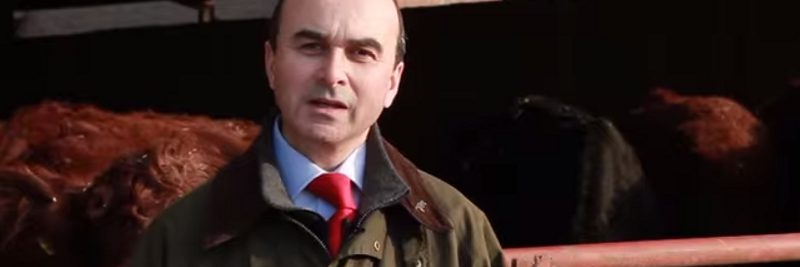It’s a proven fact that people need to eat in order to survive. People can survive extended fasts, sometimes as long as 40 days or more, on just water and vitamins alone, but in the end, people still need to eat. With a world population expected to hit 10 billion around the year 2050, now is the time to ramp up food production in smart ways. One of the methods of bulk food production that has been developed today is the factory farm.
Is factory farming a good thing for the world? Or is it just another way for the human race to exploit the planet and rob future generations of the tools they’ll need to survive?
The Pros of Factory Farming
1. It can provide large amounts of food for a society.
Factory farming creates a profit-based system of farming the provides human populations with the amount of calories they need every day to survive. Whether it is livestock or crops that is the focus of any specific farm, food products can come out of the factory farm on a regular basis.
2. It saves the consumer some cash.
Factory farming naturally lowers the prices of food for a society because it is being produced in bulk formats. The process of farming becomes cheaper than what the average family farmer can provide, so the factory farm gets profits while the customer benefits at the grocery store.=
3. It allows for food industry innovation.
Factory farms are consistently innovating new ways to grow food so that there will always be a consistent supply that is affordable. These innovations provide for larger food products, double yields on the same field, and even double or triple crop cycles so that everyone can have the food that they need.
The Cons of Factory Farming
1. It is easy for them to harm the environment.
If a factory farm is focused on raising livestock, then those animals are going to create waste products that need to go somewhere. Without proper management, those waste products can impact the local environment and make it nearly impossible to use for future farmers.
2. They create a lot of pollution.
It isn’t just animal waste that can pollute the environment. If you drive by a factory farm, you’re going to be able to smell the animals, crops, and herbicides that are all present there. Pollution from farm equipment and other essential tools is also added to the environment on a massive scale, potentially contributing to the global warming process.
3. A factory farm can drive family farms out of business.
Factory farms typically qualify for the same annual crop and livestock subsidies and there is generally a limited pool of funding available. The larger farms will get more of the subsidies, while still being able to sell food products that they do grow for cheaper process. This all puts the family farm at risk.
Factory farming may have its place in the future, but it must be a process that is regulated and organized to be more environmentally friendly to be successful. If family farms are given subsidies as a first priority, then there could be a place for both types of farms in our future world.
Crystal Lombardo is a contributing editor for Vision Launch. Crystal is a seasoned writer and researcher with over 10 years of experience. She has been an editor of three popular blogs that each have had over 500,000 monthly readers.


















